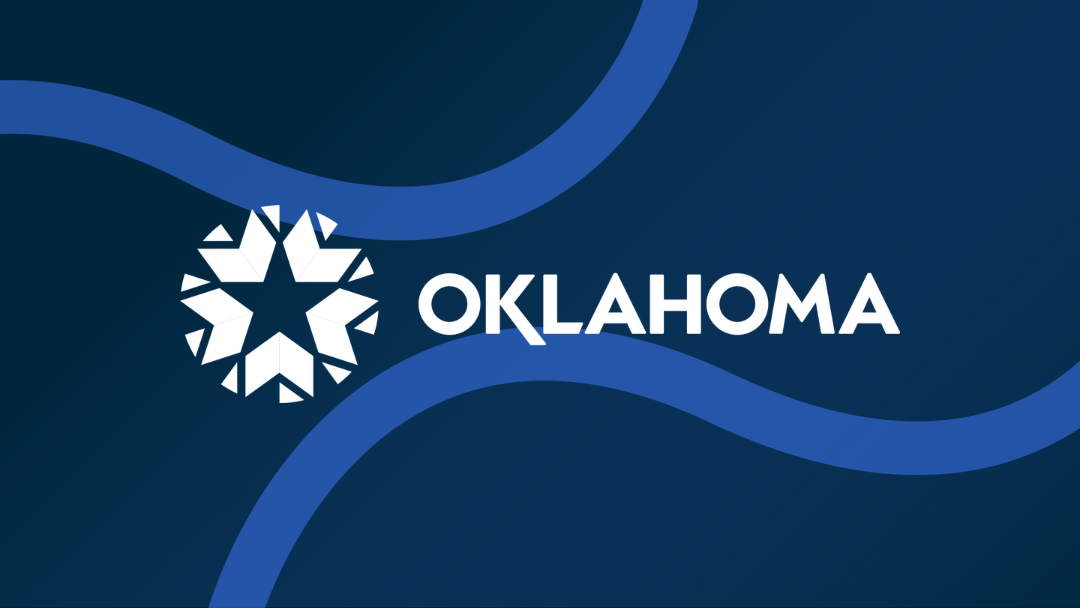When most people think of government it’s safe to say the last thing they think about is innovation and transformation. After this year’s Oklahoma Digital Government Summit, that statement couldn’t be more false.
There was a revitalizing energy throughout the day that you don’t quite feel at every conference. Oklahoma’s agency and technology teams were not only eager to hear the vision of state leadership but excited about the idea of change and being part of the state’s process improvement and technology road map.
Governor Stitt has prioritized government efficiency as one of his 5 pillars to help Oklahoma become a Top 10 state. He has proved this commitment to government efficiency by appointing Oklahoma’s first Secretary of Digital Transformation, David Ostrowe, and bringing on a Deputy Director of Technology, Stephen Harpe.
The Oklahoma Digital Government Summit could be summarized by one statement made by Secretary Ostrowe, “We do not work for individual agencies, we work for the State of Oklahoma.” Secretary Ostrowe and his team are committed to breaking down the communication and technology silos between agencies to improve citizen experience and engagement. Secretary Ostrowe also openly admits to not being an IT guy, but a process improvement guy. Most of his time in office so far has been spent learning how the agencies work together, journey mapping their processes, and defining the solutions the state can build once and deploy across multiple entities.
Oklahoma’s ideal state is to make interacting with the government efficient and easy. Instead of constituents having to search endlessly across multiple agency websites and having to create profiles for each, the state would create one website, one portal, where citizens can create an account, interact with all state agencies and accomplish any task that involves state government. All constituent data would be interconnected and navigating through the complex world of government services would become a simple, seamless experience.
The first step in making this a reality is to improve the state’s broadband access, which is currently ranked 47th in the US. If Oklahomans can’t provide access to reliable internet, building an interconnected online portal would be underutilized and inappropriate use of taxpayer’s dollars. Secretary Ostrowe recognized this and built a committee to take on the broadband challenge.
The State’s focus on consolidation and centralized services is for the betterment of their community and brings the people they serve the best possible experience.


0 Comments